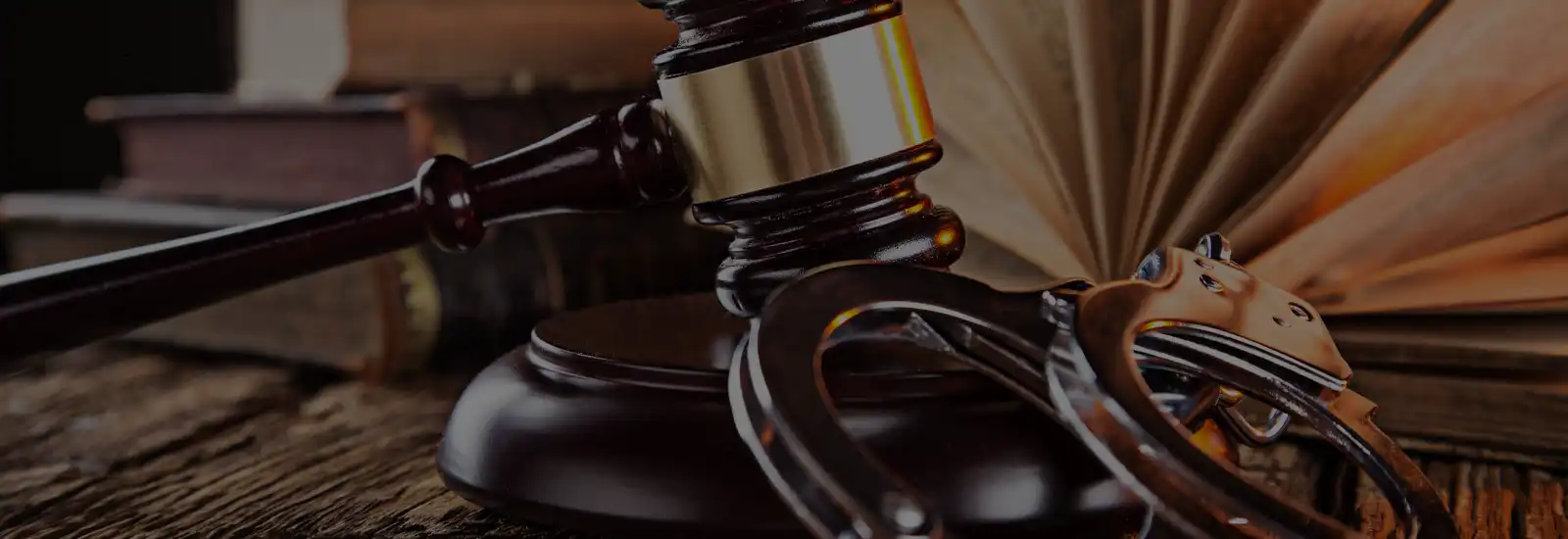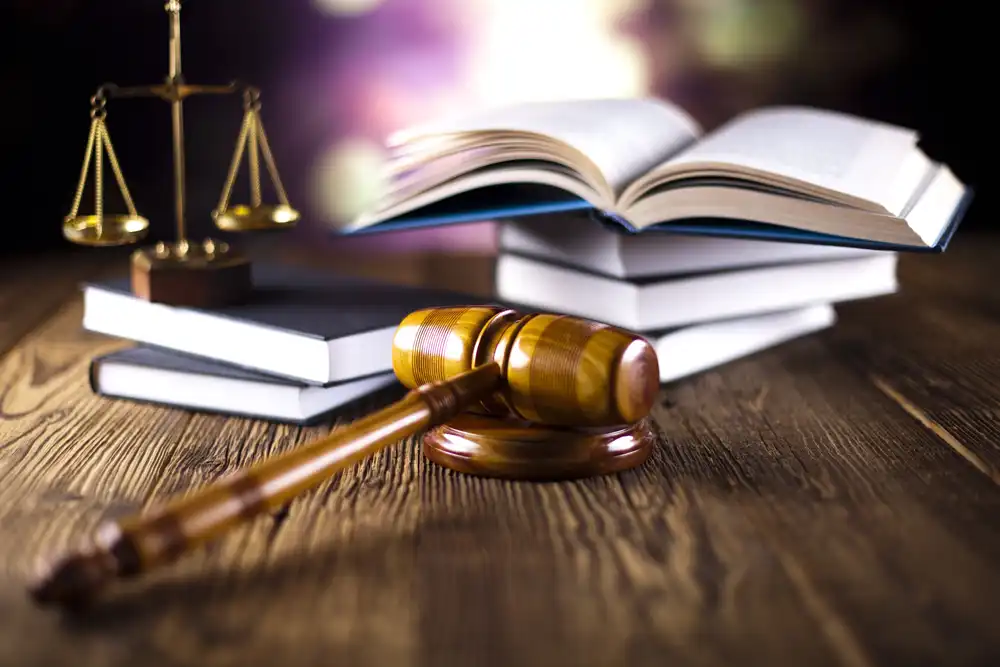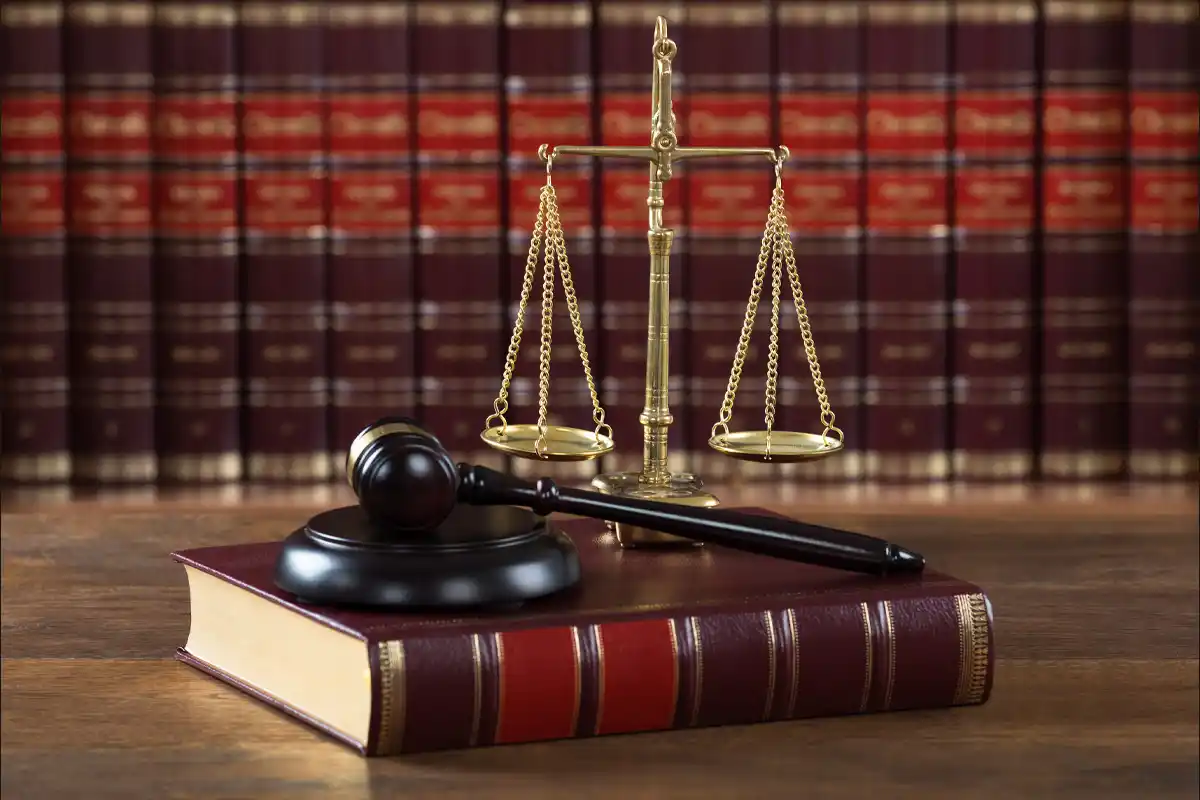
Juvenile Offender Defense Lawyer | Orlando & Central Florida
Criminal Defense Attorney, Mary. M. Ibrahim proudly provides Juvenile Crime Defense legal services throughout Central Florida, including, Orange County, Osceola County, and Seminole County and surrounding areas.

Call 407.255.6300 today to schedule a confidential consultation with juvenile offender defense attorney, Mary M. Ibrahim.
Navigating the Juvenile Justice System in Orlando and Central Florida
When a child is accused of a crime in Florida, the situation can be incredibly stressful for both the child and their family. The juvenile justice system operates differently than the adult system, and understanding these differences is crucial. If your child is facing juvenile charges in Orlando, Orange County, or Central Florida, the Law Offices of Mary M. Ibrahim, P.A., are here to provide experienced and compassionate legal representation.
How the Juvenile Courts Differ from Adult Courts in Criminal Matters
The juvenile court system's primary focus is rehabilitation rather than punishment. Unlike adult court, the goal is to help the child learn from their mistakes and become a productive member of society. Key differences include:
- Confidentiality: Juvenile court proceedings are generally confidential to protect the child's privacy. Records are often sealed or expunged.
- Informal Hearings: Juvenile hearings are typically less formal than adult trials. There may not be a jury, and the judge plays a more active role.
- Focus on Rehabilitation: The emphasis is on providing services and programs to address the child's needs and prevent future delinquency. This can include counseling, community service, and educational programs.
- Adjudication vs. Conviction: If a child is found to have committed the offense, they are "adjudicated delinquent" rather than "convicted" of a crime. This distinction is important regarding their record.
- Sentencing Options: Sentencing options in juvenile court are different from adult court. They may include probation, community service, detention in a juvenile facility, or placement in a residential treatment program.
Handling of Criminal Records: Under 18 vs. Over 18
One of the most significant differences between the juvenile and adult systems lies in how criminal records are handled.
- Juvenile Records (Under 18): Juvenile records are typically confidential and sealed. In many cases, they can be expunged or restricted once the child completes their disposition and meets certain requirements. This gives the child a chance to start fresh without a permanent criminal record impacting their future. However, certain serious offenses may not be eligible for expungement.
- Adult Records (Over 18): Adult criminal records are generally public and can be accessed by potential employers, landlords, and others. These records can have long-lasting consequences.
About Juvenile Offenses in Florida
While many offenses are similar to those in adult court (theft, assault, etc.), the juvenile system also addresses specific issues related to minors, such as truancy (skipping school), underage alcohol consumption, and curfew violations.
Potential Defense Strategies in Juvenile Cases
Defending a juvenile requires a different approach than adult cases. Some potential strategies include:
- Challenging the Evidence: Just like in adult court, if evidence was obtained illegally or violates the child's constitutional rights, it can be suppressed.
- Lack of Delinquency: Arguing that the child did not commit the alleged offense.
- Mitigating Circumstances: Presenting evidence of positive factors in the child's life, such as good grades, community involvement, or family support.
- Focus on Rehabilitation: Advocating for dispositions that prioritize rehabilitation and address the child's underlying issues.
- Expungement/Sealing of Records: After the case is resolved, working to have the child's record expunged or sealed, so it doesn't impact their future.
The Importance of Legal Representation in Juvenile Offender Cases in Orlando and Central Florida
Although the juvenile system is designed to be more lenient, having experienced legal representation is absolutely essential. An attorney can:
- Protect the child's rights throughout the process.
- Explain the law and the court procedures to the child and their family.
- Investigate the case and gather evidence.
- Negotiate with the prosecutor for a favorable outcome.
- Advocate for the child's best interests in court.
- Help the child access necessary resources and support services.
- Guide the family through the complex legal system.
Attorney Mary M. Ibrahim understands the nuances of the juvenile justice system and is dedicated to helping young people get back on the right track. She will provide compassionate and aggressive representation to protect your child's future.
Call 407.255.6300 today to schedule a confidential consultation with juvenile crime defense lawyer, Mary M. Ibrahim.
About Felony Crimes

In Florida, a felony is a serious criminal offense punishable by more than one year in state prison, up to life imprisonment, or even death. Felonies are categorized into degrees, with varying levels of severity and corresponding penalties. The most serious are capital felonies, punishable by death or life imprisonment, followed by life felonies, which carry a life sentence.
In Florida, a felony is a serious criminal offense punishable by more than one year in state prison, up to life imprisonment, or even death. Felonies are categorized into degrees, with varying levels of severity and corresponding penalties. The most serious are capital felonies, punishable by death or life imprisonment, followed by life felonies, which carry a life sentence. Third-degree felonies are the least severe, with a maximum of five years in prison and a $5,000 fine. Second-degree felonies are more serious, punishable by up to 15 years in prison and a $10,000 fine. First-degree felonies carry the most substantial penalties, with up to 30 years in prison and a $10,000 fine, although some first-degree felonies have even harsher penalties.
Beyond imprisonment and fines, a felony conviction in Florida can have lasting consequences, impacting an individual's rights and opportunities. These can include restrictions on voting, firearm ownership, jury service, and certain professions. It's crucial to understand the potential ramifications of felony charges and seek experienced legal counsel. The specific penalties and classifications can be complex, so consulting with a qualified attorney is essential for anyone facing felony accusations.
About Felony Crimes

In Florida, a felony is a serious criminal offense punishable by more than one year in state prison, up to life imprisonment, or even death. Felonies are categorized into degrees, with varying levels of severity and corresponding penalties. The most serious are capital felonies, punishable by death or life imprisonment, followed by life felonies, which carry a life sentence.
In Florida, a felony is a serious criminal offense punishable by more than one year in state prison, up to life imprisonment, or even death. Felonies are categorized into degrees, with varying levels of severity and corresponding penalties. The most serious are capital felonies, punishable by death or life imprisonment, followed by life felonies, which carry a life sentence. Third-degree felonies are the least severe, with a maximum of five years in prison and a $5,000 fine. Second-degree felonies are more serious, punishable by up to 15 years in prison and a $10,000 fine. First-degree felonies carry the most substantial penalties, with up to 30 years in prison and a $10,000 fine, although some first-degree felonies have even harsher penalties.
Beyond imprisonment and fines, a felony conviction in Florida can have lasting consequences, impacting an individual's rights and opportunities. These can include restrictions on voting, firearm ownership, jury service, and certain professions. It's crucial to understand the potential ramifications of felony charges and seek experienced legal counsel. The specific penalties and classifications can be complex, so consulting with a qualified attorney is essential for anyone facing felony accusations.
About Misdemeanor Crimes

In Florida, a misdemeanor is a criminal offense less serious than a felony, generally punishable by fines, probation, and up to one year in a county jail. Misdemeanors are categorized into two degrees: first-degree and second-degree.
A first-degree misdemeanor is the more serious of the two, carrying a maximum penalty of one year in jail and a $1,000 fine. Examples include battery, petit theft (first offense), and driving under the influence (DUI) – first offense. Second-degree misdemeanors are less severe, with a maximum of 60 days in jail and a $500 fine. These can include offenses like simple assault, disorderly conduct, and certain traffic violations.
While misdemeanors don't carry the same severe penalties as felonies, a conviction can still have negative consequences. A criminal record, even for a misdemeanor, can impact employment opportunities, housing, and other aspects of life. It's important to take any misdemeanor charge seriously and understand the potential ramifications. Although the penalties are less severe than felonies, legal representation is still crucial to protect your rights and minimize the impact of a conviction. Consulting with a qualified attorney is recommended if you are facing misdemeanor charges in Florida.
